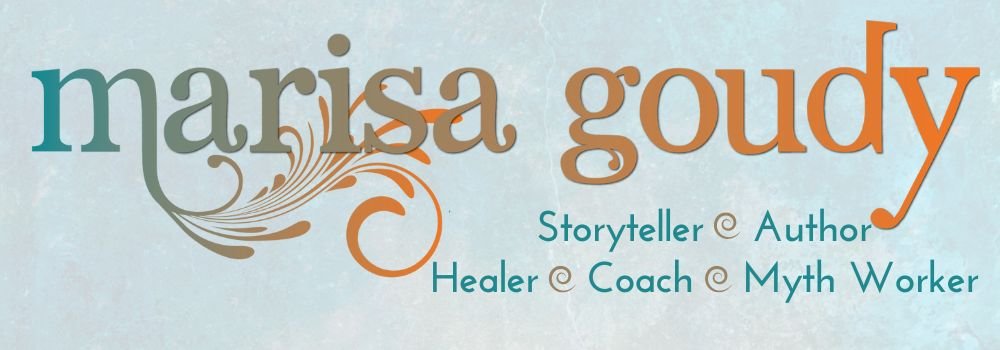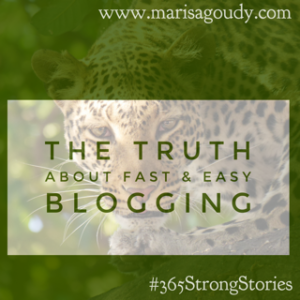Creating and sharing haven’t always felt risky for me.
Think of yourself as a kid. Think of what Picasso said: "Every child is an artist. The problem is how to remain an artist once we grow up."
Art was life, not risk.
As I grow older, as my circles of influence grow a little wider, and as more people are likely to read my words, I finally feel the tingle of “this is risky” when I hit publish.
Blogging for business can be your best creative outlet
As full as life is - and I know you can relate to this - creative time can be scarce. You're in two nonstop races when you run a family and you run a business - or at least it can feel that way.
In my case, if there's any “me” time at all, it’s a choice between meditate, exercise, or do some creative writing.
Since I tend to choose whatever offers maximum overall benefit and can be done during nap time, I choose meditation. That means I’m in pretty lousy shape and it means my beloved fiction projects are languishing.
It also means my untapped creative writing juices get poured into my blogging and content marketing. Because I need to build a business to support this family, that’s the perfect mix right now.
If writing for the business is the creative outlet, then blogging can feel risky too
[tweetthis]If creativity=risk and biz blogging is a #creative practice, does that make #writing risky?[/tweetthis]
Thinking aloud, trying out a theory in a public space, taking on issues that people would rather not examine, publishing it online for all the world to see… all of this can feel dangerous.
Even though we’re all getting used to living out loud when we're on online, it can start to feel dicey when you consider your professional persona.
This is especially true if you feel particuarly cautious about sharing personal stories - either because you’re a naturally private person or because you’re a therapist in private practice.
When you start to build an audience and you sincerely hope those people will invest in what you do, “just write and hit publish” starts to feel kinda scary.
And there’s a particular kind of risk inherent to publishing a blog post for your business:
You can’t always be sure that you’re writing about an idea that speaks to the concerns of your ideal readers and clients. What if the story you need to tell right now springs from your own psyche and your own needs?
Discern your own stories from the Greater Story your business & your readers need you to tell
[tweetthis]Some stories are private. Some need to get tweeted like crazy. Can you tell the difference?[/tweetthis]
Experience. Listening. Mindfulness.
And trust.
Trust that you’ve created a reciprocal relationship with you readers that allows you to hear their needs above your own internal noise.
Trust that your readers are willing to journey with you into the uncharted territory of your inner world. (Within reason… this is a professional, not a confessional blog!)
There’s no simple formula. Again, it’s a creative act - because yes, blogging for your business can be a deeply creative process. There are risks and you may not always get it right, but that whole “nothing ventured, nothing gained” idea certainly applies in this case.
[tweetthis]Shh! I'm writing. #Blogging for my business is my creative outlet.[/tweetthis]
Is writing the “right” story easier or harder for therapists?
So, having decided to write about other people instead of myself, a further irony is that sometimes you reveal more about yourself than you'd ever intended. - Sting at TED Vancouver in 2014




 “You can ask me anything!”
What a bold and crazy statement.
“You can ask me anything!”
What a bold and crazy statement.
